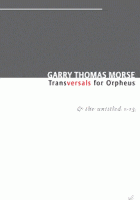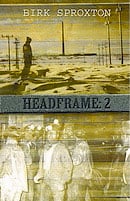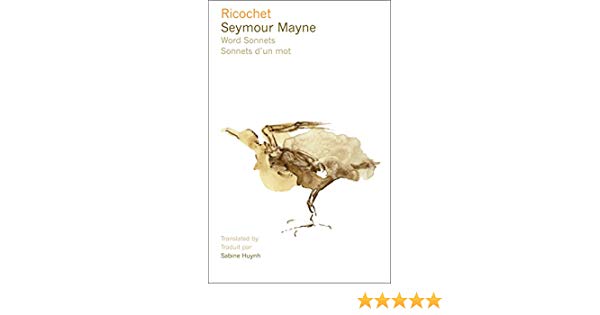
Near Cooper Marsh by Jesse Ferguson
Review by Rob Taylor The simple fact that this review is written for an online audience greatly increases the chances that you will have already heard of Fredericton (formerly Ottawa)-based poet Jesse Ferguson. Amongst the plethora of poets whose work has found a strong footing in online and small-press publications, Ferguson is near the top of the list in both quantity and quality. To attest to this one need look no further than the acknowledgements page of his chapbook Near Cooper Marsh, which notes that the fifteen poems in the collection have been published in no fewer than ten small-press magazines. It is therefore in keeping that Near Cooper Marsh itself has been published online (http://www.fridaycircle.uottawa.ca/ferguson/ii-6-main.html) as part of the









